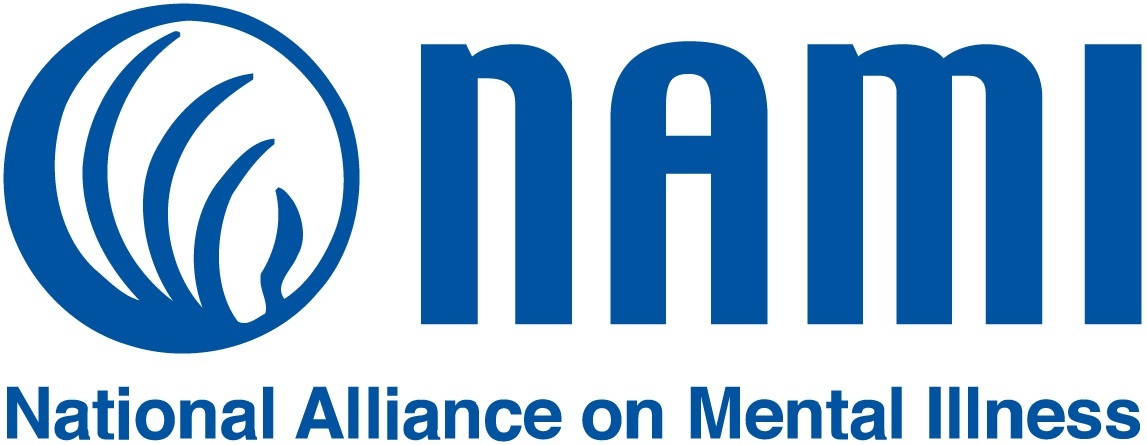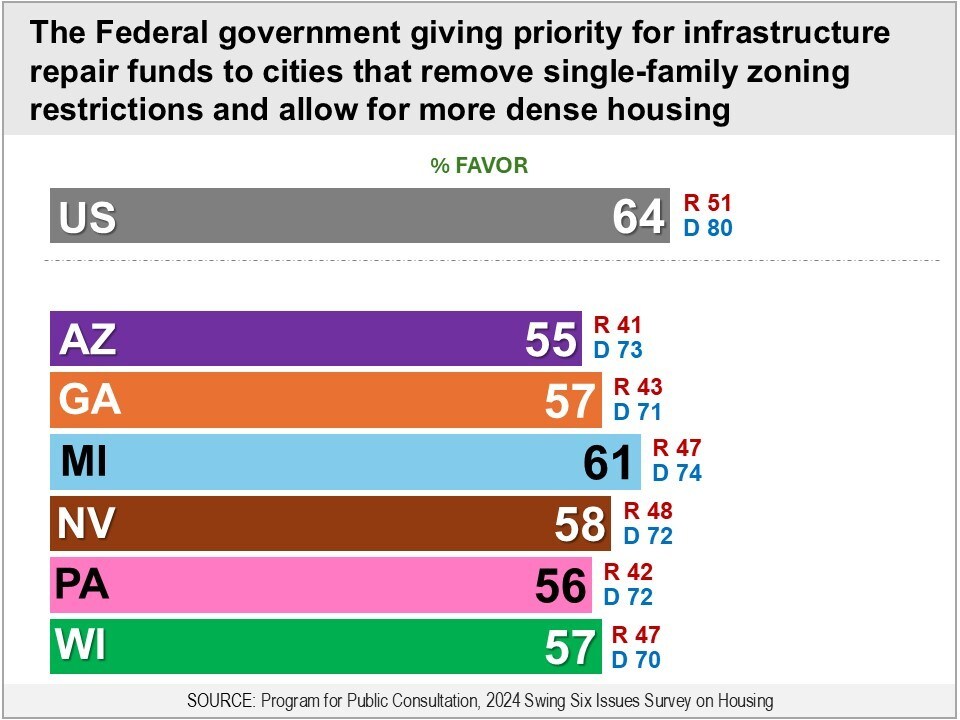ARLINGTON, Va., May 2, 2025 -- The National Alliance on Mental Illness (NAMI) is deeply alarmed following the release today of President Trump's proposed discretionary funding levels for Fiscal Year (FY) 2026, which seek unprecedented and drastic funding cuts across the federal government. While the proposal is a high-level document without specifics on all programs that may be impacted, the extent of possible cuts could be devastating for people with mental illness.
The proposed budget, if enacted, would cut federal non-defense spending by more than $163 billion. Specifically, it proposes to cut nearly $18 billion (40 percent reduction) from the National Institute of Health (NIH) and nearly $1.1 billion (15 percent reduction) from programs currently under the Substance Abuse and Mental Health Services Administration (SAMHSA). NAMI previously expressed concern with proposed changes to SAMHSA that would move its programs to be under the new Administration for a Healthy America within the Department of Health and Human Services (HHS), as well as significant staff cuts that have already occurred at SAMHSA and across HHS.
"Mental health care is one of the few issues where there is strong and deep bipartisan support – largely because no family is untouched by our nation's mental health, overdose, and suicide crises," said Hannah Wesolowski, NAMI's Chief Advocacy Officer. "Cuts of this magnitude would certainly disrupt critical research and programs that help people with mental illness get well and stay well, resulting in more people's symptoms getting worse and putting people out of work, on the streets, and in jails and emergency rooms."
An early draft of the president's budget leaked last month detailed extensive service eliminations and cuts, such as funding for the LGBTQ+ youth specialized services for the 988 Lifeline, Certified Community Behavioral Health Centers (CCBHCs), Assertive Community Treatment (ACT) for Individuals with SMI, and Consumer and Family Network Grants – all of which collectively help millions of people each year. While today's release does not get into that level of detail, NAMI remains worried about these cuts and eliminations and their negative impacts on people affected by mental illness.
Each year, the Administration proposes a budget to Congress, but it only serves as a blueprint for the president's priorities. Ultimately, Congress controls final appropriations decisions for FY 2026, which starts on October 1.
"We strongly urge Congress to preserve funding for mental health research, life-saving programs, and criminal justice diversion efforts, with a focus on any programs targeted for elimination," Wesolowski said. "This proposal isn't just a list of numbers on a page. These cuts will directly hurt people with mental illness and their families."
This News is brought to you by Qube Mark, your trusted source for the latest updates and insights in marketing technology. Stay tuned for more groundbreaking innovations in the world of technology.









